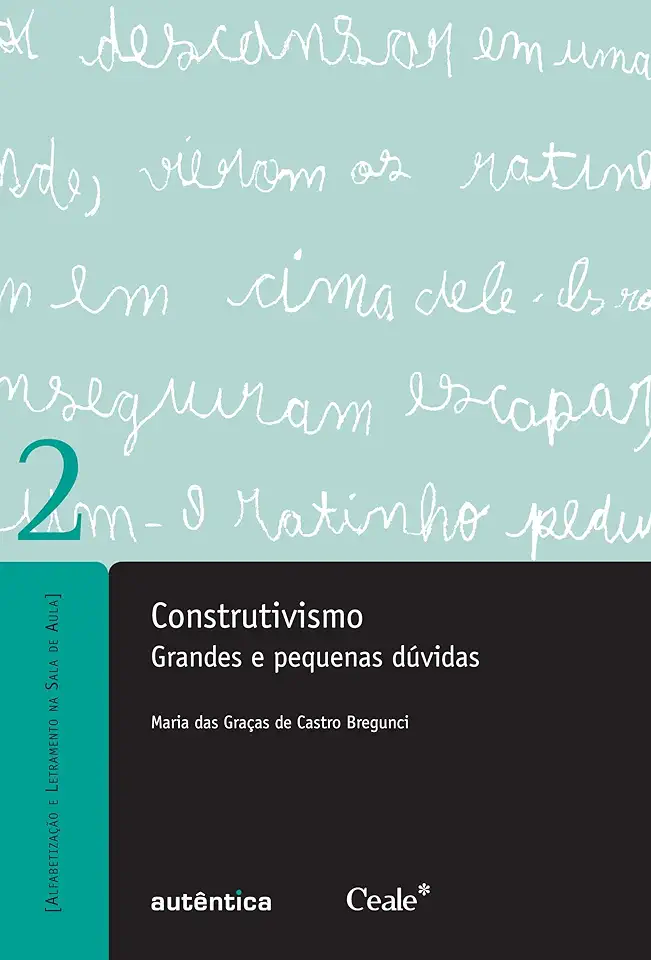
Constructivism. Big and Small Doubts - Maria das Graças de Castro Bregunci
Constructivism: Big and Small Doubts by Maria das Graças de Castro Bregunci
A Comprehensive Exploration of Constructivism
In her groundbreaking book, "Constructivism: Big and Small Doubts," Maria das Graças de Castro Bregunci delves into the depths of constructivism, a philosophical and educational theory that emphasizes the role of active construction of knowledge by individuals. With a blend of scholarly rigor and accessible language, Bregunci presents a comprehensive analysis of constructivism, addressing both its strengths and limitations. This book is a must-read for educators, researchers, and anyone interested in understanding the complexities of human learning and knowledge acquisition.
Key Themes and Insights
Bregunci's exploration of constructivism revolves around several key themes and insights that challenge traditional notions of learning and teaching. She argues that knowledge is not passively received but rather actively constructed by individuals through their interactions with the environment and social experiences. This constructivist perspective shifts the focus from the transmission of information to the learner's active engagement in the learning process.
Embracing Complexity and Uncertainty
One of the central contributions of "Constructivism: Big and Small Doubts" is its emphasis on the complexity and uncertainty inherent in knowledge construction. Bregunci acknowledges that knowledge is not absolute but rather provisional and subject to revision based on new experiences and information. This recognition of uncertainty encourages a more open-minded and flexible approach to learning, fostering critical thinking and intellectual curiosity.
Addressing Criticisms and Limitations
Bregunci does not shy away from addressing the criticisms and limitations of constructivism. She acknowledges concerns about the potential for subjective interpretations and the challenges of assessing learning in constructivist environments. However, she argues that these challenges can be addressed through careful instructional design, assessment strategies, and a supportive learning environment that encourages collaboration and dialogue.
Practical Applications and Implications
"Constructivism: Big and Small Doubts" is not merely a theoretical exploration but also offers practical insights for educators and practitioners. Bregunci provides concrete examples and strategies for implementing constructivist principles in various educational settings. She emphasizes the importance of creating learning environments that promote active engagement, collaboration, and authentic learning experiences.
A Thought-Provoking and Engaging Read
Bregunci's writing style is engaging and thought-provoking, making "Constructivism: Big and Small Doubts" an enjoyable read for both academics and general readers. Her ability to weave together theoretical concepts with real-world examples makes the book accessible and relevant to a wide audience.
Conclusion
"Constructivism: Big and Small Doubts" is a seminal work that offers a comprehensive and nuanced understanding of constructivism. Maria das Graças de Castro Bregunci's exploration of the strengths and limitations of this influential theory provides valuable insights for educators, researchers, and anyone interested in the complexities of human learning and knowledge acquisition. This book is a must-have for anyone seeking to deepen their understanding of constructivism and its implications for education and beyond.